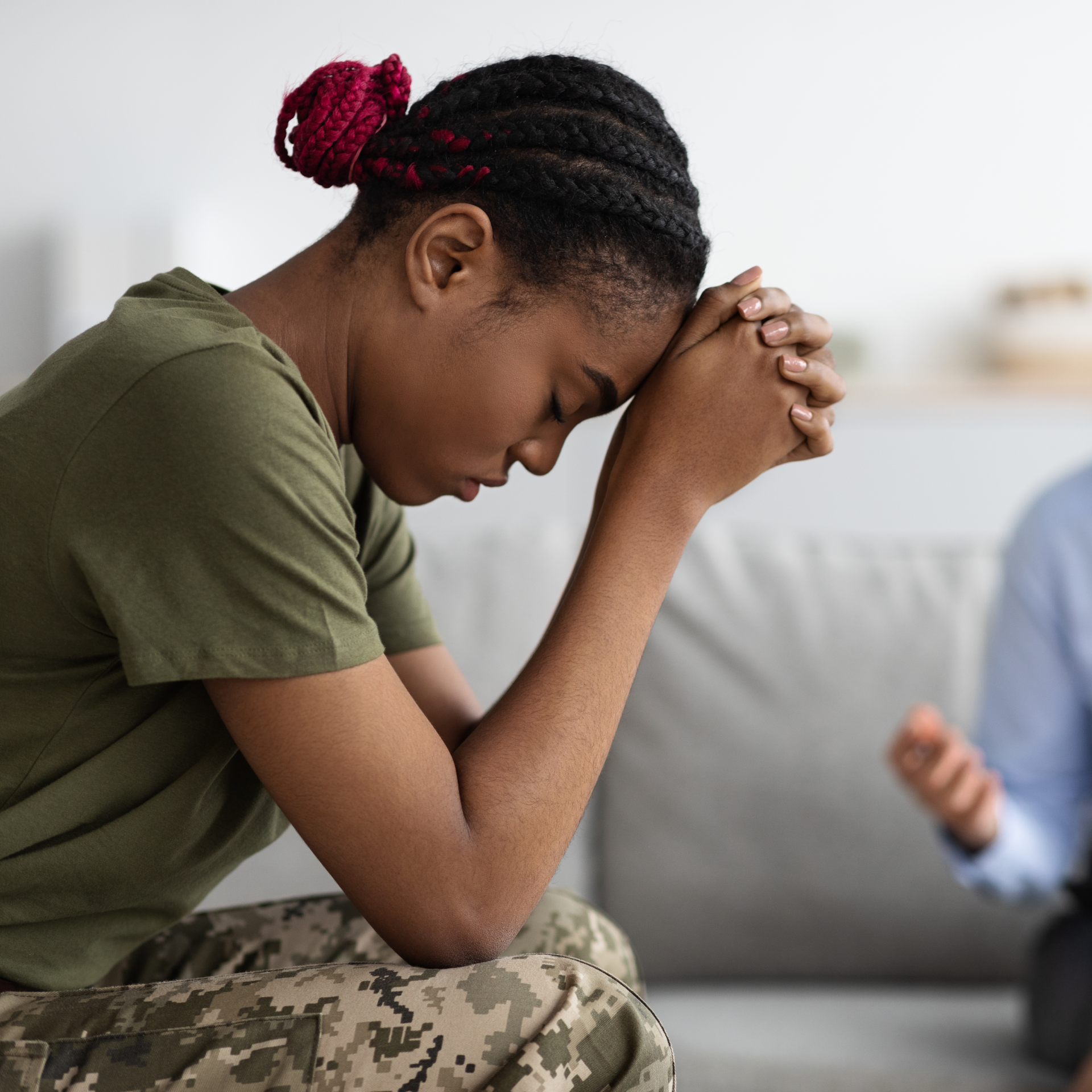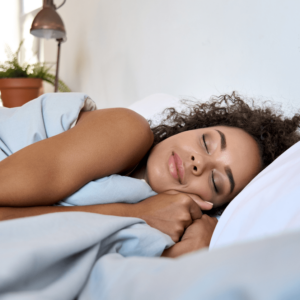Post-traumatic stress disorder (PTSD) is a serious and sometimes debilitating disorder that develops in people who have experienced a shocking, scary, or dangerous event.
There are four key types of symptoms associated with PTSD:
- Re-experiencing symptoms which include flashbacks and bad dreams.
- Avoidance symptoms which cause the patient to stay away from certain places, events, thoughts, or feelings.
- Arousal and reactivity symptoms that can cause those suffering from PTSD to feel jumpy or “on edge.”
- Cognition and mood symptoms which bring on negative thoughts about the world and feelings of blame or guilt.
According to the U.S. Department of Veteran Affairs, about 6% of the population will experience PTSD at some point in their lives. PTSD is often unavoidable, but it can still be treated. One recently developing treatment for PTSD is the use of medical marijuana.
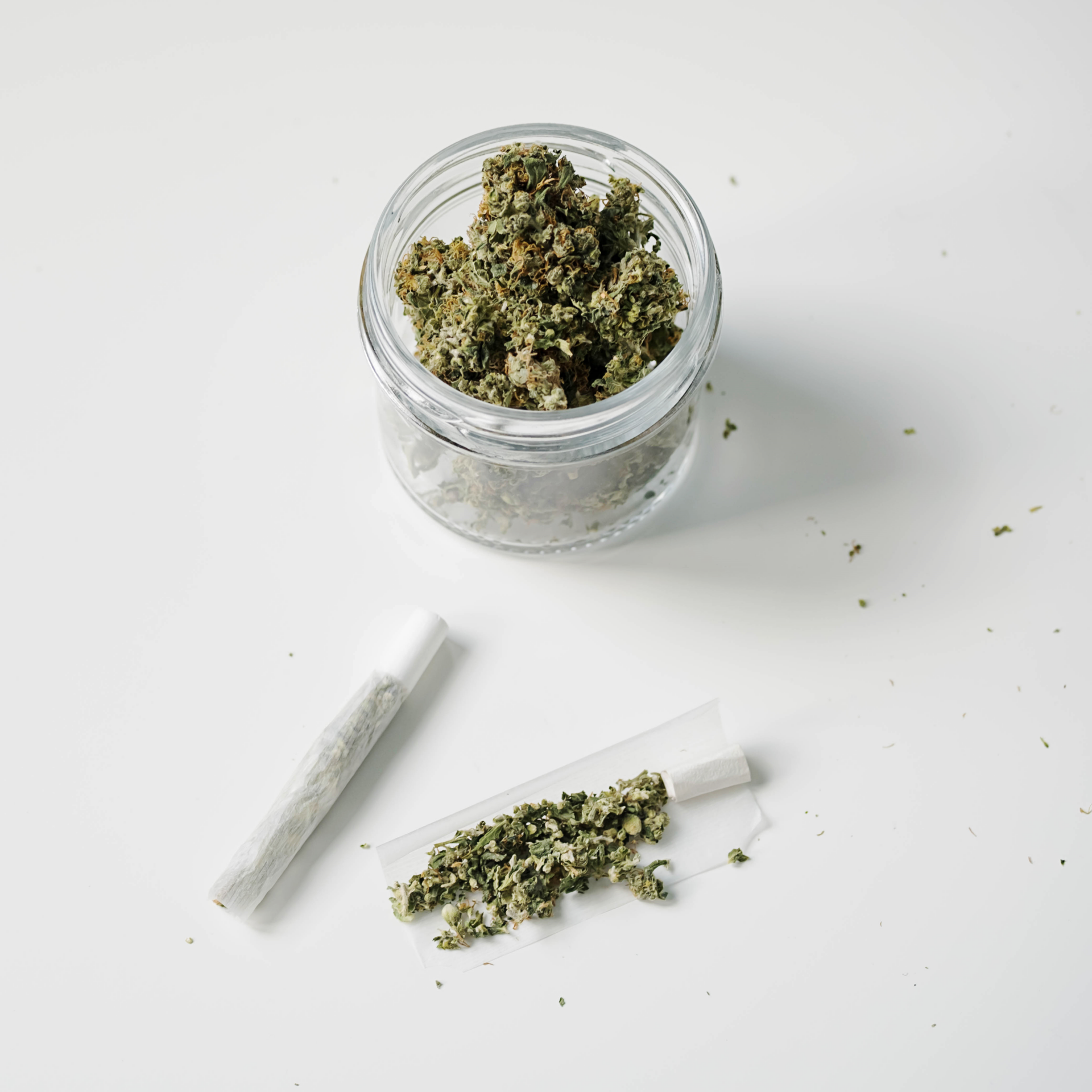
How Can Medical Marijuana Help Treat PTSD in Louisiana?
Studies have been ongoing on the topic of cannabis and its relation to PTSD — and some interesting information has come to light in recent years.
A study from researchers at Wayne State University looked at how cannabis use impacts the amygdala (a part of the brain that is thought to process fearful and threatening stimuli) response of those dealing with trauma-related anxiety, such as PTSD.
The study concluded “that THC modulates threat-related processing in trauma-exposed individuals with PTSD” and the plant “may prove advantageous as a pharmacological approach to treating stress and trauma-related psychopathology.”
It has also been found that “PTSD is associated with increased expression of cannabinoid receptor type 1 (CB1) and reduced peripheral levels of the eCB anandamide as well as a compensatory increase of CB1 availability, which was linked to excessive threat processing and with features of anxious arousal.”
This essentially means that the endocannabinoid system of those suffering from PTSD has been impacted and therefore has the availability for adjustment through the therapeutic capacity of cannabis.
While more research is needed to paint the full picture of what cannabis can do for PTSD, we already know that marijuana helps with things like insomnia, depression, anxiety, and suppressed appetite — which are all symptoms associated with PTSD.
Top Cannabis Products for PTSD in Louisiana
With new products entering the Louisiana cannabis market at a rapid pace, there is a wide variety to select from when looking for treatment for PTSD.
Keep in mind that it’s important to consult with a physician alongside doing your own research. Cannabis isn’t a “one size fits all” medication and can take some experimentation before you find the right product.
Here are 3 beneficial cannabis products for PTSD to try out at your local Louisiana dispensary.
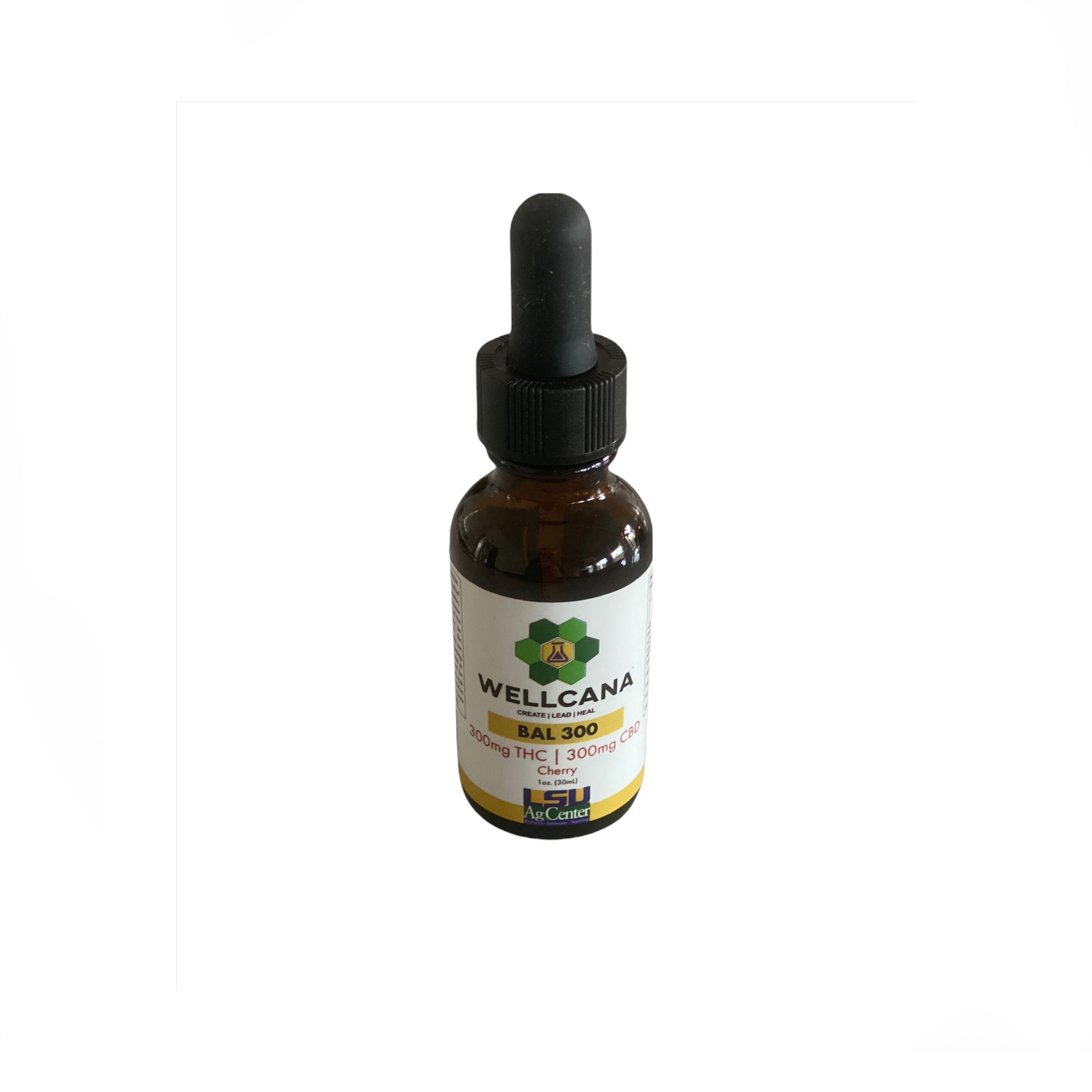
Wellcana Balanced Cherry
Wellcana’s Balanced Cherry tincture contains equal parts CBD and THC in a fast-acting, potent liquid form. This kind of product provides nearly immediate relief from PTSD-related symptoms such as anxiety, nervousness, or edginess. You can purchase this tincture for $84.
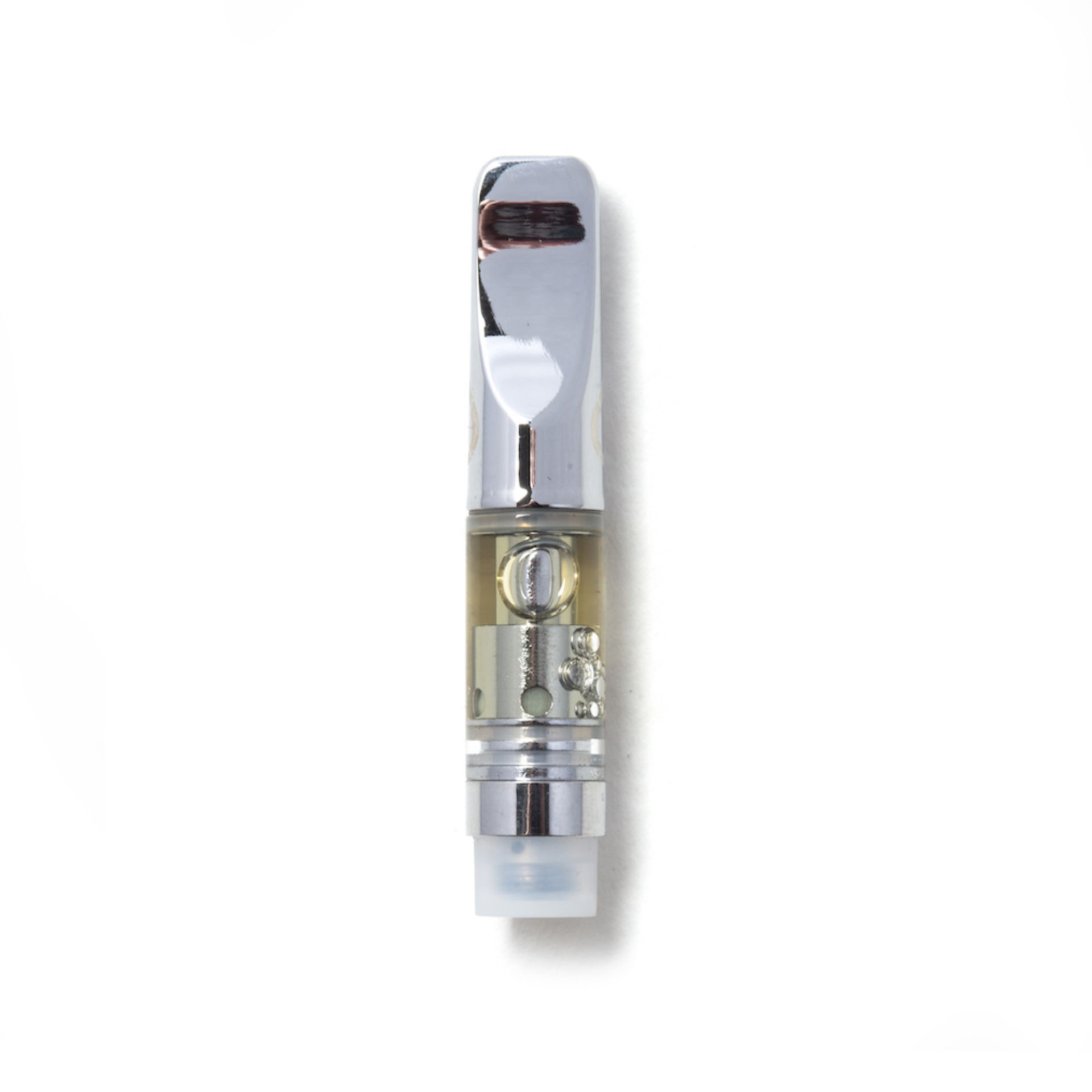
9 Pound Hammer Vape Cartridge
The 9 Pound Hammer vape cartridge is a strong Indica that packs a powerful punch – effectively reducing any anxiety or restlessness that one may feel. Users report that 9 Pound Hammer helps with relaxing the body and is a favorite option for those who have trouble sleeping. Pick up the cartridge for $105.
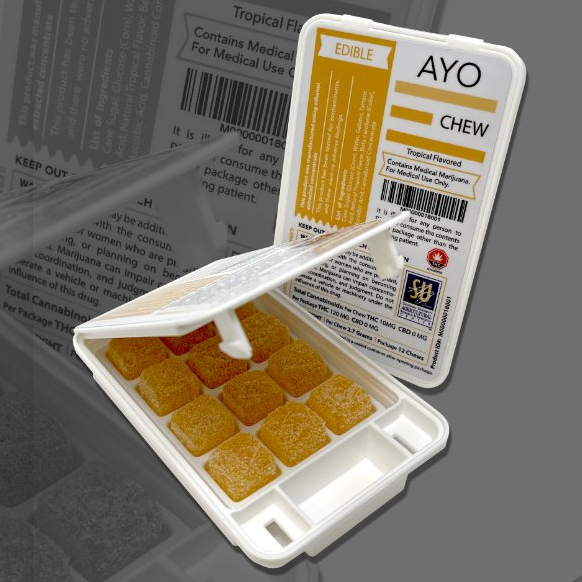
AYO Tropical Chew
AYO Tropical Chews are a favorite for a reason. They’re simple, yet effective. Edibles often last longer so you’ll find a greater period of relief. These THC edibles are perfect for boosting mood and improving outlook on life. You can buy the edibles for $75.
PTSD is serious. And it should be treated as such. Take time to consult with your doctor on what treatments are best. It can be beneficial to seek therapy as well as additional medication, but it’s worth adding cannabis as a viable option to help those with PTSD.
Need Your Medical Marijuana Card?
HelloMD provides online certifications for medical marijuana cards via Telehealth appointments. Meet with a licensed practitioner online – it’s fast, easy, and private. You only pay if you’re approved.



